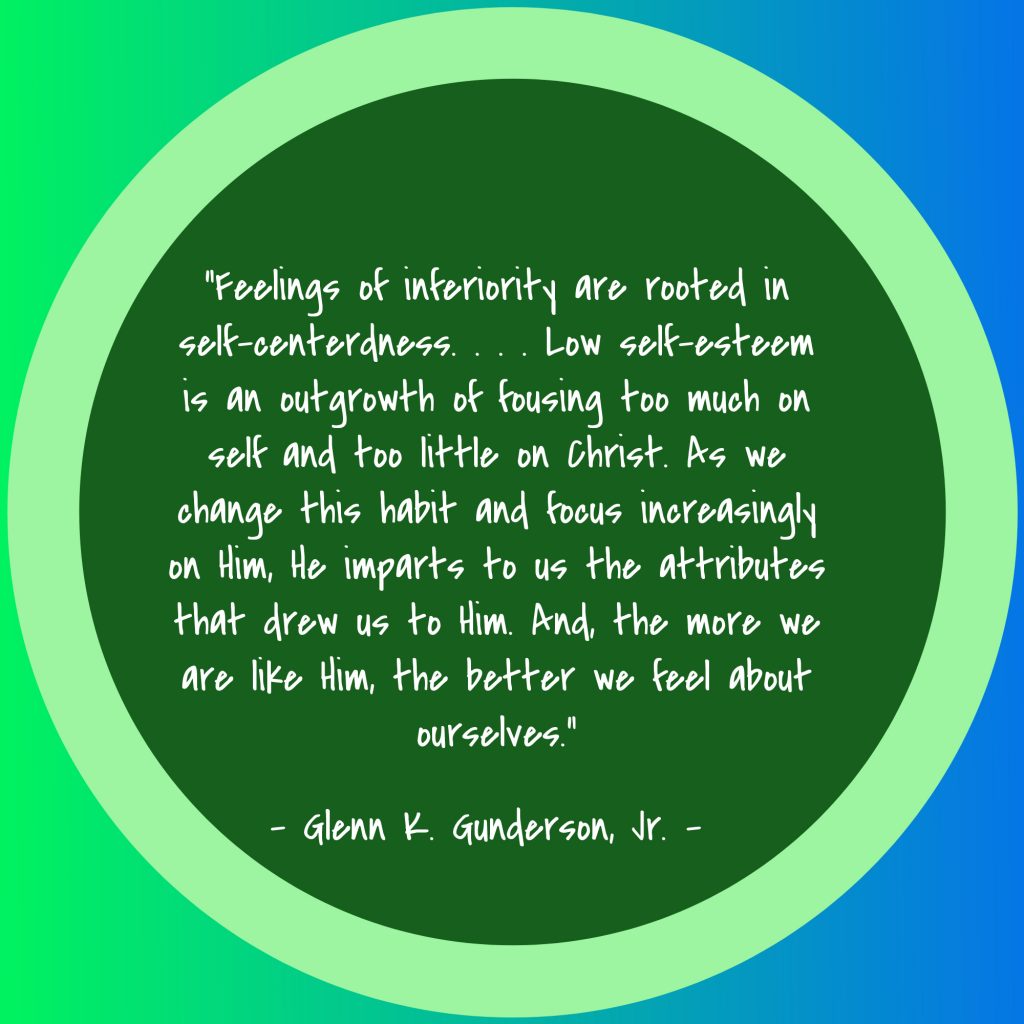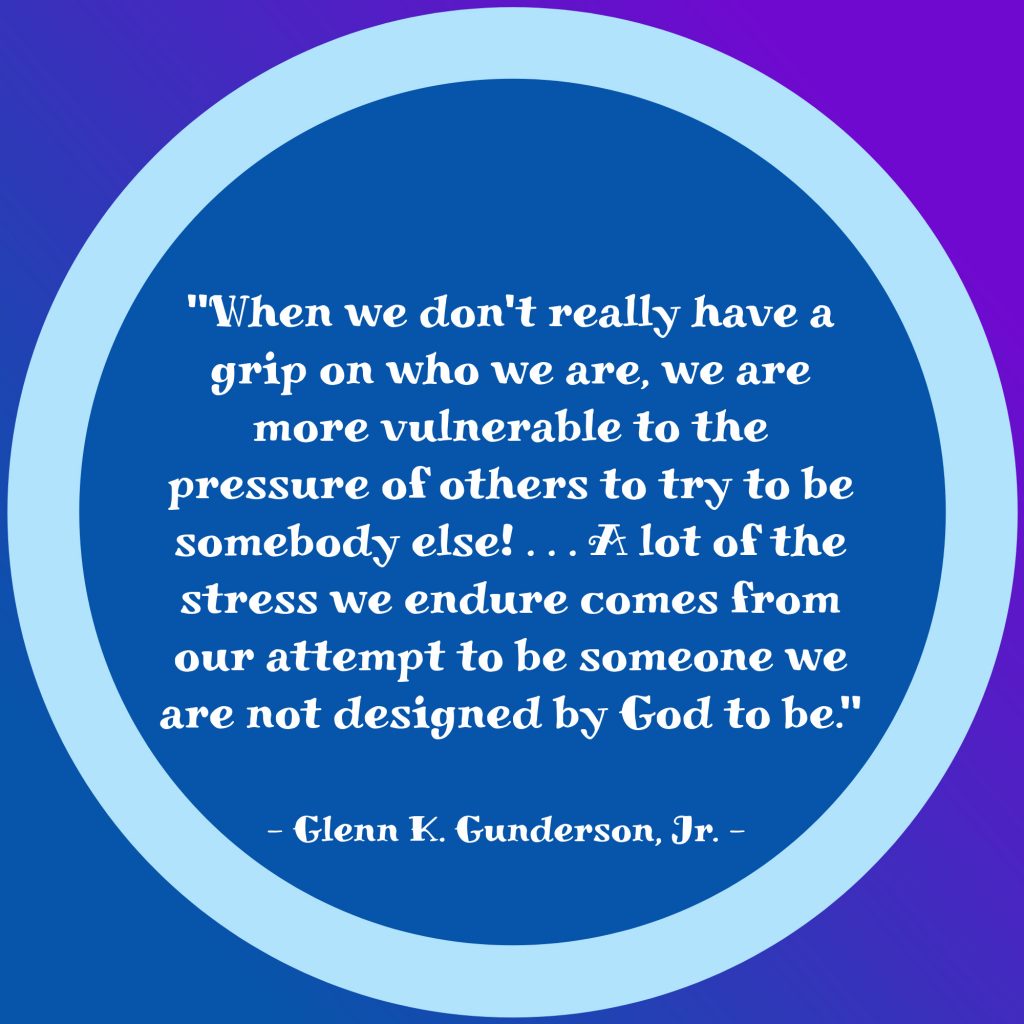As I’ve grown in my faith, I have come to understand that the Bible is so much more than a rulebook or a compendium of answers. It is an epic story of God and His Beloved, with all of the turmoil of an adventure story, the brokenness of a family saga, and the passion of a great romance. In addition to this overarching narrative, though, the Bible DOES provide answers to our problems and questions. As Paul reminds us in 2 Timothy, all Scripture is beneficial for teaching, correction, and training—therefore, when we have burning questions in need of answers, the Bible should be the first place we turn.
In Biblical Antidotes to Life’s Toxins, pastor Glenn K. Gunderson gives practical guidance to the notion of turning to Scripture for answers. Gunderson defines spiritual toxins as “emotions and experiences like stress, loneliness, jealousy, depression” and many others that, left unchecked, can “plummet out of control and become abnormal and unhealthy. They can grow in intensity until they stifle our soul and rob us of inner peace and joy. They can render us ineffective as Christians,” and they can undermine our relationship with God and with the people we love as they seep into our mind and heart and steal away the powerful, productive life Jesus came to give us.
Becoming wholehearted involves identifying and addressing the toxins that are making me emotionally and spiritually sick, so picking up this book (that was passed on by my Dad some time ago and has been waiting patiently on my TBR shelf) was an easy choice for this month’s word-related read.

After emphasizing God’s role as our Great Physician, Gunderson examines twelve toxins: stress, inferiority, loneliness, anger, discouragement, jealousy, worry, resentment, temptation, depression, fear, and expectations. Toxin-specific chapters examine the toxins one at a time, providing examples of the toxins at their worst, then offering Scriptural antidotes that can counter these toxins before they start or can be implemented once we notice the toxin has begun its poisoning work within our souls.
We all wrestle with different toxins, some at varying points in our lives and others at a chronic level. As I read through the book at a pace of one chapter per day, I regularly found myself reading about a toxin I was struggling with that very day, or one that I was helping a friend navigate or that I was simultaneously learning about in a different study. I love when the Lord works together lessons from various places at once, and the time-specific applications of the book will be the most memorable for me.
While I have encountered each of the twelve toxins to some degree, the ones I find myself struggling with most regularly (the ones for which I found the prescriptions of this book most useful) are toxic STRESS, toxic INFERIORITY, and toxic EXPECTATIONS.

Gunderson begins the chapter on STRESS with a look at some of stress’s biggest causes: unrealistic expectations about our priorities and abilities; societal pressures that lead us to see stress and accomplishment as badges of honor; a failure to recognize life as a predictable series of ups and downs; and mistaken belief that life with Jesus should be stress-free. Gunderson reminds us that stress can be a turning point used by God to steer us into His will and open doors to fruitful ministry and personal growth and change. His prescribed antidotes include prayer, plenty of rest, and thinking critically through our priorities and choices. These are all pretty basic, but when I get myself in a stressed out tizzy, it is helpful to have these simple tools in my back pocket, and I appreciated the book’s reminders to pick up one or more of the prescriptions when I sense the stress crowding in.
The book’s chapter on INFERIORITY was the most revelatory for me, and the chapter I was able to share with the most friends. In it, Gunderson reminds us that inferiority is actually a manifestation of self-centeredness: when we spend time focusing on our own shortcomings, we become entirely self-focused which can lead us to wallow in self pity. Rather than trying to bootstrap a healthier sense of self esteem, we need to adopt humility that focuses our attention back on God and helps us assume our proper place in God’s Kingdom. We can best counter inferiority by refusing to compare ourselves with other people and instead acknowledging our importance to God. We need to remember that life is “in-process” and that God is always working in us: we won’t be instantly complete, but God is doing some fine-tuning that we can lean into once we stop focusing so much on our unworthiness. Finally, we can break up with inferiority by acknowledging our shortcomings and responding to healthy correction, embracing our inadequacies as opportunities for God to be glorified through us.

Gunderson’s prescriptions for combatting unhealthy expectations is a little different: rather than giving straightforward solutions, He has us take a look at seven principles from Christ’s life that model expectation management during Jesus’ time on earth. These include 1) knowing and accepting God’s agenda and making that His primary focus; 2) dedicating himself to the Lord’s mission; 3) allowing the Holy Spirit to direct and control His actions to avoid burnout; 4) delegating tasks; 5) meditating on God’s Word; 6) engaging in healthy recreation and rest; and 7) practicing surrender. We must remember that Jesus isn’t just our Savior, He also wants to be Lord over our schedule; when we pass that role on to Him, we are able to substitute His healthy expectations for our own faulty ones.
When searching for guidance to life’s biggest problems—including the toxins that keep my heart and soul from wholeness—the Bible will always be more first source for help. But I’m thankful for books like this one that help point me to the Biblical solutions I’m seeking. I am happy to have this book on my shelf for whenever the toxins threaten to overpower my spiritual wholeness and I find myself in need of some doctoring.

My Book Rating: 4.25 Stars.